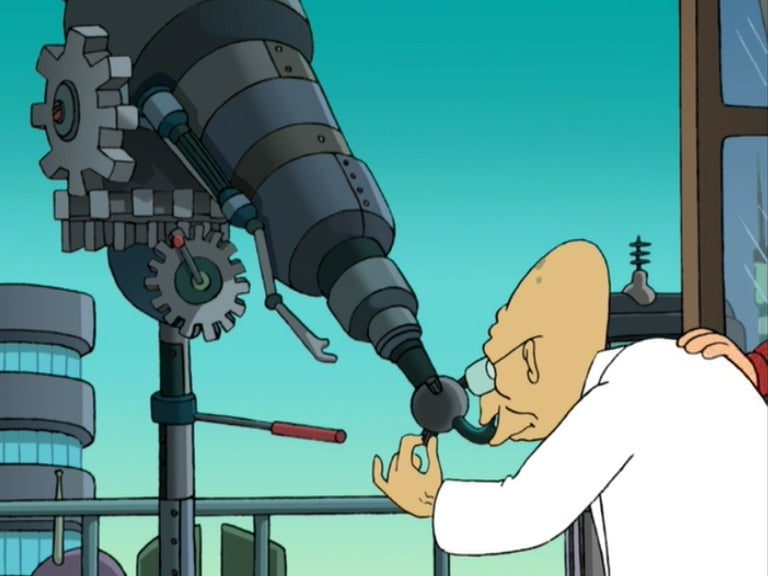
And Finally...
A place for odd or quirky world news stories.
Elsewhere in the Fediverse:
- [email protected]
- [email protected]
- [email protected]
- [email protected]
- [email protected]
- [email protected]
- [email protected]
- [email protected]
- [email protected]
- [email protected]
- [email protected]
Rules:
- Be excellent to each other
- The Internet will resurface old "And finally..." material. Just mark it [VINTAGE]
Hey stop spying on my planet! I need some privacy
What are you eating up there?
Baked beans, onion pie, coleslaw, broccoli, onion soup, raclette and cheese fondue
Washed down pints of cheap pop, if I'm not mistaken.
this is my drink of choice: Sauerkraut juice

Well that'd definitely work.
If I could be bold enough to suggest an addition to your diet - try Jerusalem artichokes:
which way soever they be dressed and eaten, they stir and cause a filthy loathsome stinking wind within the body, thereby causing the belly to be pained and tormented, and are a meat more fit for swine than men.
I ate them once and the results were remarkable.
Wonderful 🫨💨
I would like to know more about this onion pie.
Oh yes definitely try it! https://youtu.be/DDc0uMYhGds
Awesome! I love onions and can't wait to try this.
as a fellow onion lover i also recommend watching this video 20 to 50 times: https://www.youtube.com/watch?v=Lt1u6N7lueM
😋
I feel like the Beeb bottled it on the headline. Especially given the previous news about this planet: 5400mph winds discovered hurtling around planet outside solar system
Sounds like they're hiding something there and they really don't want us to go...
But we all want to visit the Planet of the Farts.
Venus too, probably. Planet is covered in sulfur.
This is the best summary I could come up with:
A faraway planet known for its dire weather also whiffs of rotten eggs, according to a new study.Scientists studied the atmosphere of HD 189733 b, which has scorching temperatures and precipitation akin to raining glass, using data from the James Webb Space Telescope.Hydrogen sulphide, which also exists on Jupiter, makes up most of HD 189733 b's atmosphere, and emits a bit of a pong, according to researchers.
The gas is also emitted during farts.Finding it here is one of the first detections of hydrogen sulphide on an exoplanet - or planet outside of our solar system.
"So, if your nose could work at 1000C ... the atmosphere would smell like rotten eggs," said Dr Guangwei Fu, an astrophysicist at Johns Hopkins who led the research.The study was published in the journal Nature., externalAlthough hydrogen sulphide is one of the gasses that indicate that distant planets might be home to alien organisms, researchers aren't searching for life on this planet because it's a gas giant, like Jupiter, and too hot.However, they say finding hydrogen sulphide here is a step toward understanding how planets form.
James Webb is opening up a new vista in analysing the chemicals in faraway planets and so helping astronomers learn more about their origins.
It's really revolutionising the field of astronomy.
It has delivered the capability promised and it even exceeded our expectations in certain ways," said Dr Fu.The researcher plans to use information from the space telescope to study more planets.
The original article contains 249 words, the summary contains 245 words. Saved 2%. I'm a bot and I'm open source!